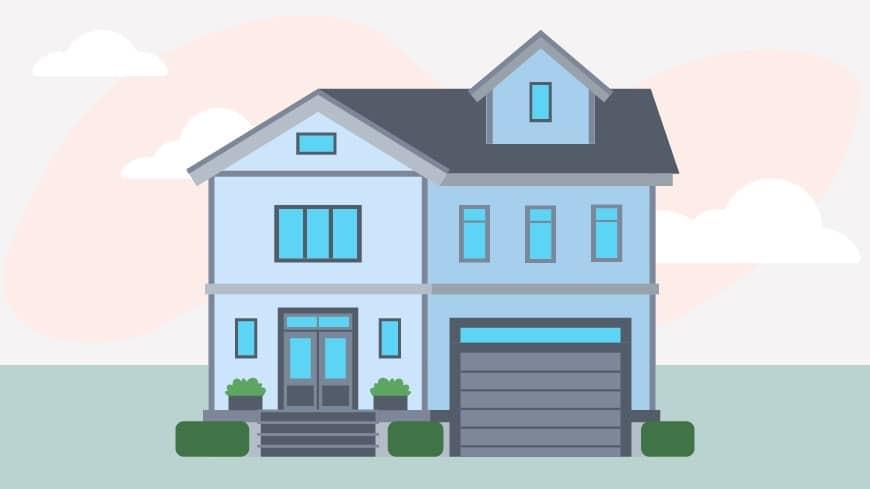Qualifying For A Mortgage

One of the most anxiety-inducing parts of buying a new home is seeing if you qualify for a mortgage. To some, it may seem like a gamble, with no way of predicting if you'll qualify or not. However, it's a very specific equation to not only help the lender decide if you're a reliable risk, but also to make sure that you won't be overextending yourself in order to afford your new home.
But what is this equation? How do you know if you make enough to afford the new home of your dreams?
Previously, it was a good tip that a borrower could afford three times their gross annual income on a home loan. That would mean, if you made $40,000 per year, you could afford a $120,000 mortgage.
However, it's wiser to take a much deeper look into what mortgage amount would fit your lifestyle. Take the time to look into your individual budget and figure out how much money you have to spare. Decide what a monthly payment on a new you would be comfortable with. You’ll need to figure in taxes, maintenance, insurance and any other expenses that come along with owning a new home. If you are just starting the process of looking into cost and mortgage qualifications, you may want to explore the Rate mortgage calculator.
Generally, lenders want borrowers to have monthly payments around 28-44% of a borrower's monthly income, but with a total monthly debt that doesn't exceed 35% of that income.
To determine if you qualify for a mortgage, lenders look at two main factors:
Total Monthly Housing Costs Compared to Total Monthly Income
Through this process, a lender will take the total gross amount you receive per month and multiply it by .28 to determine what the total housing costs are going to be for you.
For example, say you make the $40,000 annually we previously mentioned, and you only want your max payment to be 28% of that. Your lender would take 40,000 and multiply it by 0.28 to get 11,200. Then they would divide this number by 12 months and your max monthly payment should be $933.33. A balanced housing cost to income ratio is one of the most important mortgage qualification factors.
Debt To Income
To figure out your debt, the lender takes all of your monthly payments―extending beyond 11 months into the future―then multiplies that number by .35. This includes installment loans, car loans, credit card payments and more. The total calculated should not be exceeded by the total monthly debt for you to qualify for a mortgage.
For this, your lender would take your annual earnings of $40,000 and multiple it by 0.35 to get 14,000. Divide 14,000 by 12 months and your monthly debt―including your new mortgage payments―shouldn't exceed $1,200.
These two calculations are vital mortgage qualifications, but they aren’t the only ones. Learn more about different aspects of the mortgage process at the Rate blog.




